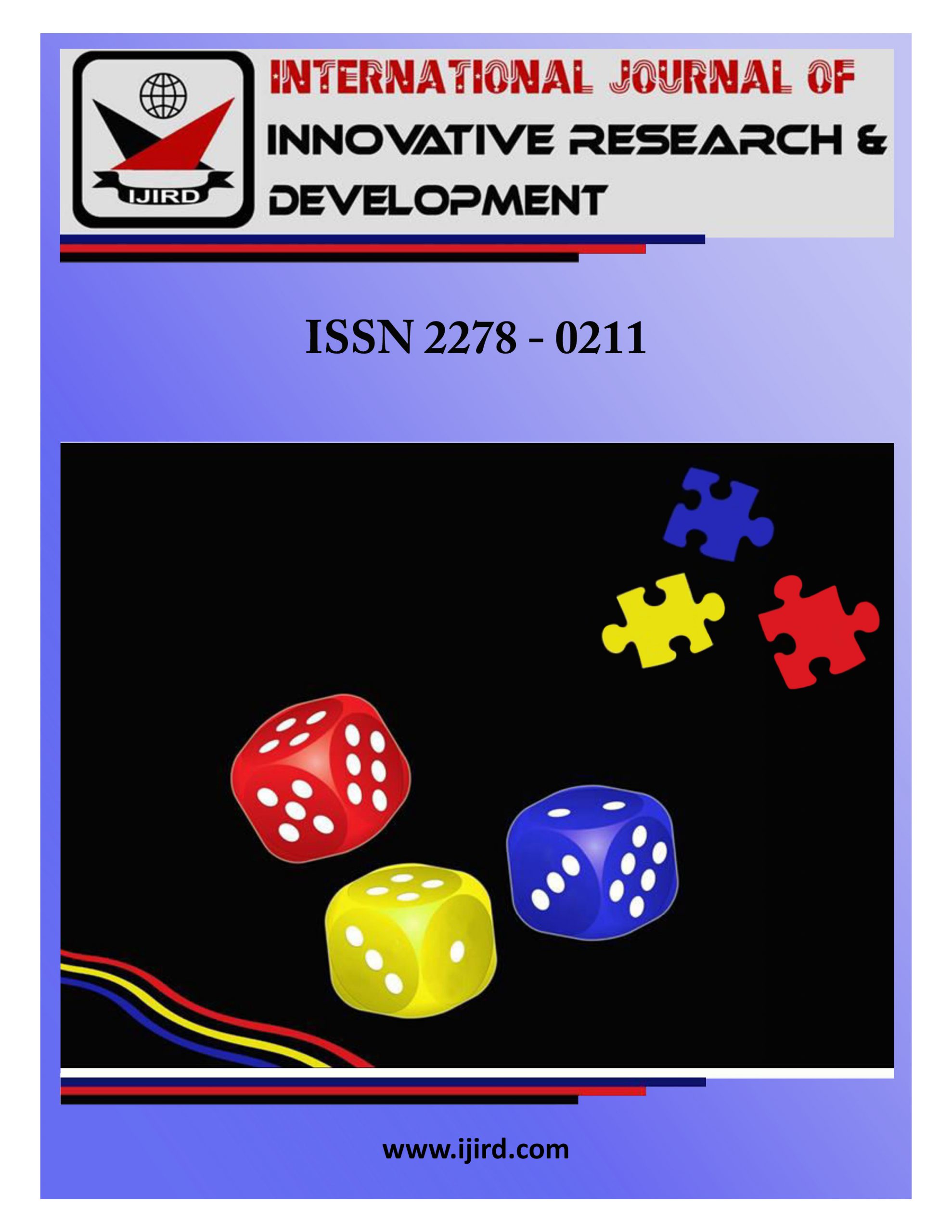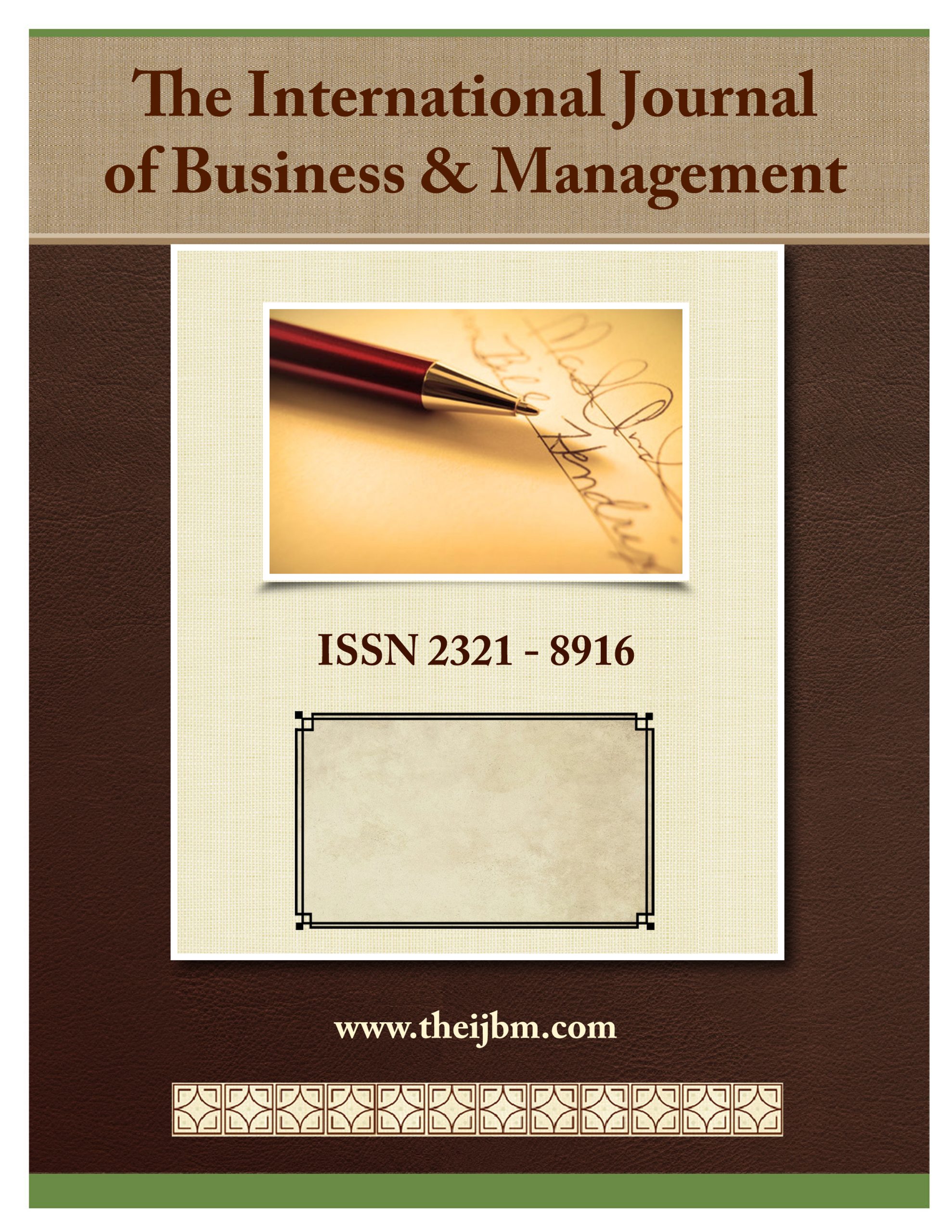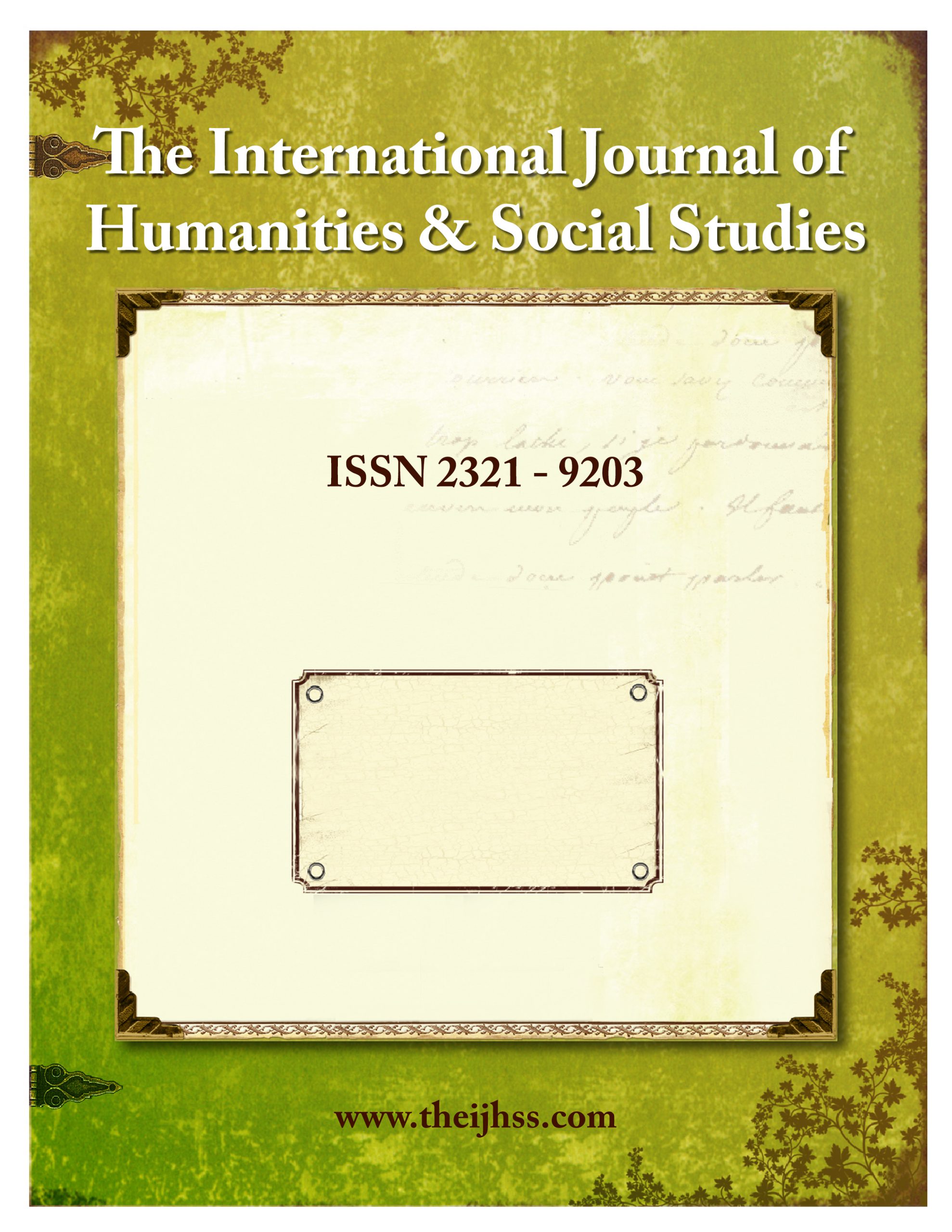Writing a research paper or dissertation is a humongous task which can be very overwhelming especially if you sit to think on it. Academicians often doubt their research question or their results when they sit to write out the piece. They stare at the blank paper not knowing where to start even though they have all the information to respond to their journal call for paper. However, questions like “is the research question strong enough?”, “is my work really publishable?”, “what is my objective to do this research?”, “where should I start from?”, “which issues should I prioritize?”, “what future prospect is it going to give me?”, “do I even want to do it?”, are self-doubt objections that the mind beguiles us into thinking before we start writing. But does that mean we allow self-doubt to stop us? Do we let our emotions defeat our months of hard work? Of course not, we must remember, if we had the will to finish a study, we have the determination to complete the writing too.
Here are 7 Tips to Cure a Researcher’s Block which will propel you forward-
- Divide Your Goal– Your primary goal at hand is to finish your dissertation so that your research gets a shape. Your next future goal is to get it published for prospects and your farther objective is to work in a good research project or a good position of job on the basis of your published research. If you start thinking about what job you can do when you haven’t even finished your dissertation, you will be paralyzed with lots of doubtful questions about an uncertain future. You will feel your current educational work is meaningless, not an achievement at all, and then you will not feel motivated to work on your research. Keep your goal-at-hand, as your priority. Writing is the first task you need to achieve to graduate the on-going program and receive a degree; keep that in mind; clear your head about publishing and getting a job, for the moment, because they are your later two goals. When you divide your goals, it’s easier to cross the bridge when you reach there.
- Make Your Environment Research-Friendly– For e.g., when there was no internet or Google Scholar, people had to visit libraries for every bit of information or literature review. Commuting to a different place for every small thing was a challenge in its own, and your writing had to wait till you got what you were looking for. However, these days, we can look up our computer system for many of the things we need to find; we don’t have to always wait upon books or library visits. Similarly, it is not just about a physical space, keeping arrangements ready for a dissertation writing often prevents distraction. Like if you keep your books, hard drive backups, PDF files, result analyses and data sheets handy, before you start working, you can feel your environment is more research-friendly, and you can start working on your paper sooner. In short, the hurdle-free your environment, the better you can perform on writing.
- Overcome ‘Choice Paralysis’– These days, the problem is more, not less. There is so much around to choose from, that you don’t know what’s right for your work. Before you actually get started on your research, you may also experience choice paralysis. With open access databases and an increase in resources at our disposition as well as the unprecedented phenomena we’re currently experiencing at a global scale, it is difficult to narrow down upon a research topic.
At this stage, it is important to remember that research leads to research; many authors base the theoretical foundation of their study on a review of existing studies in the field. Hence, they develop a clearer idea of their hypotheses only after they’ve begun their research of other papers in the field. So, do your literature review, try to formulate a unique perspective on existing works, but don’t expect a clarity of what to put in your paper, at the very onset.
- Read Within and Outside Your Disciplinary– Multidisciplinary approach can often be beneficial for clearing your vision. Most academicians prefer to read within a specific area of specialization, but often reading journals that are targeted for a more general, broader audience help us spot interesting developments in our area of interest too. Perhaps your area utilizes unique methodologies or provides an alternative perspective or theory that can be used to better understand a research question in another area. Or perhaps your study of psychology has something to offer in solving pressing social issues, such as climate change, poverty, or discrimination. A broader worldview can often lead to novel research ideas.
- Attend Lectures, Workshops and Conferences– Again, the wider your discussion network, the better it is for your development. The more you listen to others and interact your own, the better chances are that you will get fresh and unique ideas for your paper. Networking with colleagues at these events can not only inspire great research ideas, but also generate opportunities for collaboration. Attend a workshop on a new methodology or statistical technique. Consider how these new methods can be incorporated into your research. Be adventurous at professional meetings, and in your journal call for paper choices, and grasp the opportunity to learn more about topics outside your normal research interests.
- Start Writing Something– The biggest block is often the first word or sentence that you struggle to pen down. At such instances, it is important to start scribbling whatever is coming to the mind, before thinking of a shape or construction. When you start to write, you will automatically regain a flow of consciousness which will keep streaming more thoughts and information, but if you keep at a pause mode, you will never get back the confidence to start. When there are some words already typed on a blank page, you can push yourself to think and write more, so begin the journey.
- Strategize Your Response to the Block– Having motivation or the lack of it, is clearly an emotional instinct which may not have any logic associated. So whenever, you face a researcher’s block, you must ask yourself why you want to do this; what part of your emotional quotient will your objective serve. How good will completing the research make you feel. Remind yourself of all the celebrating moments that you might have envisioned about the completion of your research or graduation. Use those imaginations to find motivation with your work again.










